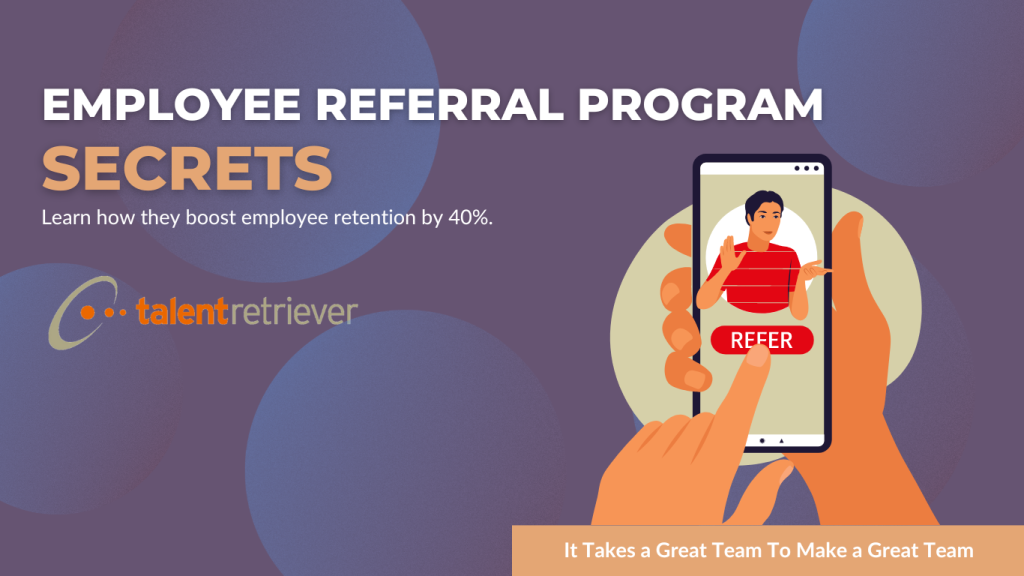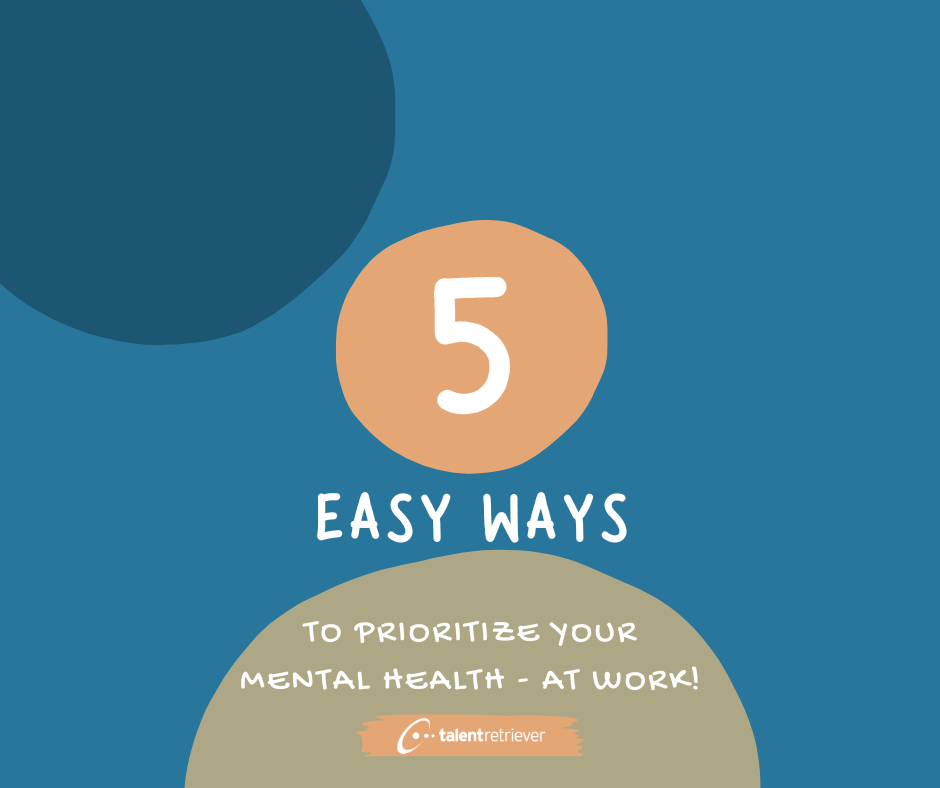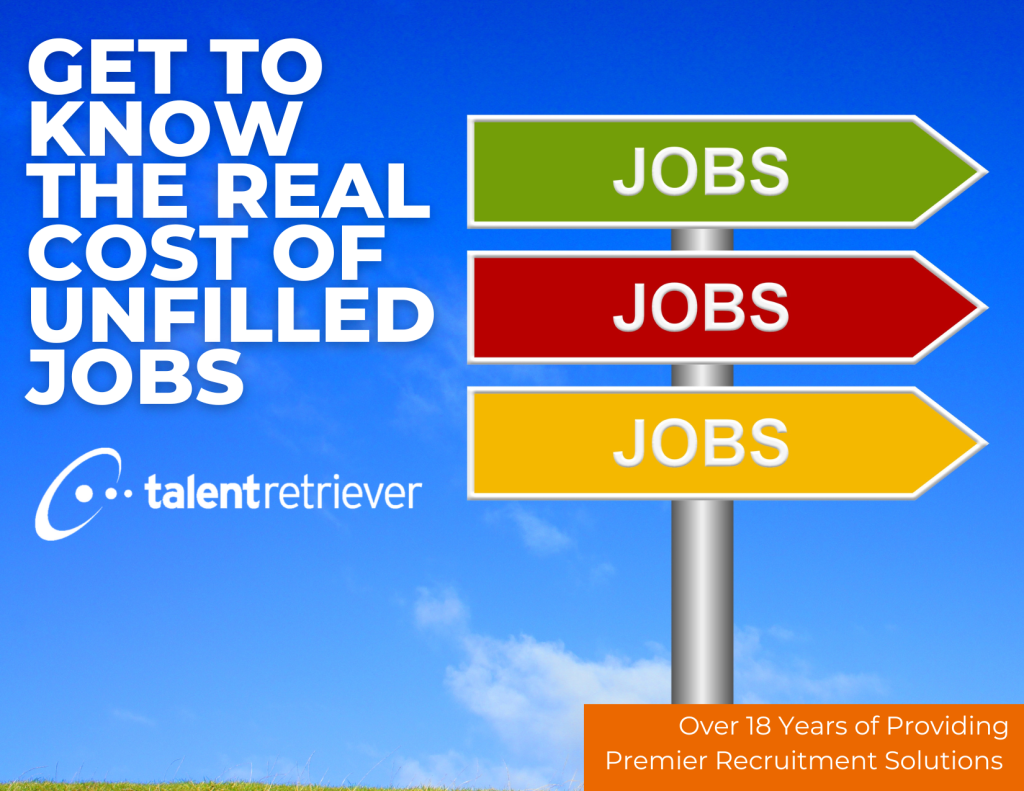Here Comes the Class of 2024: Overlooked Majors May be Business’ Hidden Gems
Here Comes the Class of 2024: Overlooked Majors May be Business’ Hidden Gems As we gear up to welcome over two million college grads this spring, it’s time to think outside the box. When planning your hiring approach for the coming year, don’t limit yourself to the usual suspects. Instead, let’s explore the hidden value of majors that often fly under the radar in the business world. While certain fields of study are traditionally associated with corporate success, many other disciplines offer unique skill sets and valuable learning experiences that can translate into thriving business careers. From the performing arts to the humanities, here’s a closer look at some of the majors that may be undervalued but are, in fact, invaluable assets in the professional world, along with a glimpse at potential career pathways for each. Bachelor of Fine Arts (BFA) in Musical Theater: Although focused on performance arts, graduates with a BFA in Musical Theater possess valuable skills that can be applied in unexpected business contexts. Their training in communication, collaboration, and creative problem-solving can be leveraged in roles such as corporate training, event management, and sales. Their keen ability to engage audiences, work effectively in teams, and think on their feet, can contribute to enhancing presentations, organizing successful events, and driving business initiatives forward. In the fiercely competitive realm of theater, adeptness in handling rejection is quickly acquired, making salesmanship a potentially seamless transition. Bachelor of Science (BS) in Criminal Justice: Despite its association with law enforcement, graduates with a BS in Criminal Justice acquire diverse skills that are applicable in various business settings. Their expertise in research, analysis, and critical thinking can be valuable in roles such as corporate security, risk management, and compliance. With their understanding of legal principles, investigative techniques, and ethical standards, they contribute to maintaining a safe and secure environment for employees and assets, mitigating risks, and ensuring regulatory compliance. Additionally, their communication skills and ability to handle sensitive information make them effective in roles such as corporate investigations, crisis management, and employee training on safety and security protocols. Bachelor of Fine Arts (BFA) in Interior Design: While their specialization may seem artistic, graduates with a BFA in Interior Design gain expertise in spatial planning, aesthetics, and user experience. These can be instrumental in roles such as corporate facility management, retail store design, and real estate staging. With their ability to conceptualize spaces, understand user needs, and create visually compelling environments, they can contribute to optimizing workspaces, enhancing customer experiences, and driving business success. Bachelor of Arts (BA) in English Literature: Contrary to initial assumptions, graduates with a BA in English Literature possess flexible abilities that find relevance across diverse business landscapes. Their proficiency in communication, critical thinking, and research can be applied in roles such as content creation, marketing, and corporate training. Leveraging their ability to craft compelling narratives, analyze complex information, and communicate effectively, they contribute to enhancing brand messaging, engaging audiences, and driving organizational growth. Potential target careers include content writing and editing, public relations, and digital marketing where strong writing and communication skills are essential. Bachelor of Arts (BA) in Psychology: Centered on the study of human behavior, the skill set acquired by graduates with a BA in Psychology extends far beyond clinical settings, proving invaluable within the corporate realm. Their expertise in understanding human motivations, interpersonal dynamics, and decision-making processes can be leveraged in various business contexts. They excel in roles such as human resources management, organizational development, and consumer behavior analysis, where their ability to assess individual and group dynamics, resolve conflicts, and motivate teams contributes to employee engagement, organizational effectiveness, and customer satisfaction. With their knowledge of psychological principles and research methods, they play a crucial role in shaping workplace culture, improving team dynamics, and driving business success. As we anticipate the arrival of the Class of 2024, let’s not forget the untapped potential lying beyond traditional career paths. Exploring overlooked majors unveils a wealth of talent that can enrich organizations uniquely. Whether it’s the communication finesse of a BFA in Musical Theater, the analytical acumen of a BA in Psychology, or the innovative flair of an Interior Design major, each individual offers skills and perspectives that can fuel business success. So, as you strategize your hiring approach, dare to look beyond the usual suspects—you may discover your next star performer among these hidden gems. This is the first in a series of articles on the Class of 2024. Please follow us for more!







